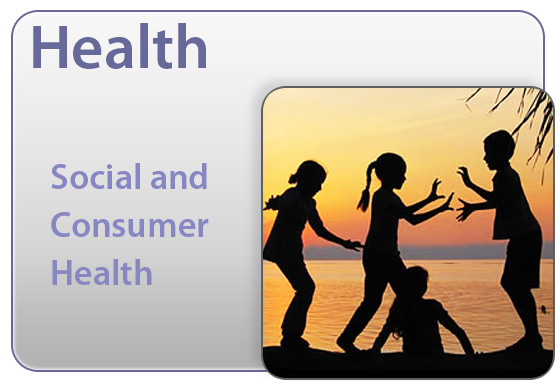
In the time of your great-great grandparents, people had limited knowledge about how their bodies functioned, how to prevent disease, or how to cure it. Our ancestors tried to maintain a balanced diet, but lost loved ones to diseases and conditions that we can now treat. Since 1900, with advances in technology, the average life expectancy in the United States has increased by 25 to 30 years.
This change has resulted from a variety of factors, including scientific knowledge and advancements in immunology and epidemiology which have reduced or eliminated many childhood diseases; research and advances in chemical and drug therapy; and new developments in surgical and other procedures.
People in the 21st century have more information available, and make more health decisions than ever before. How can we know which decisions are right for us? How do we know who to believe? As responsible consumers we need to know how to access and evaluate all of this information.
In this social and consumer health module, you will learn about the institutions and agencies involved in world and individual health and how to evaluate and assess health information in order to make healthy consumer decisions.